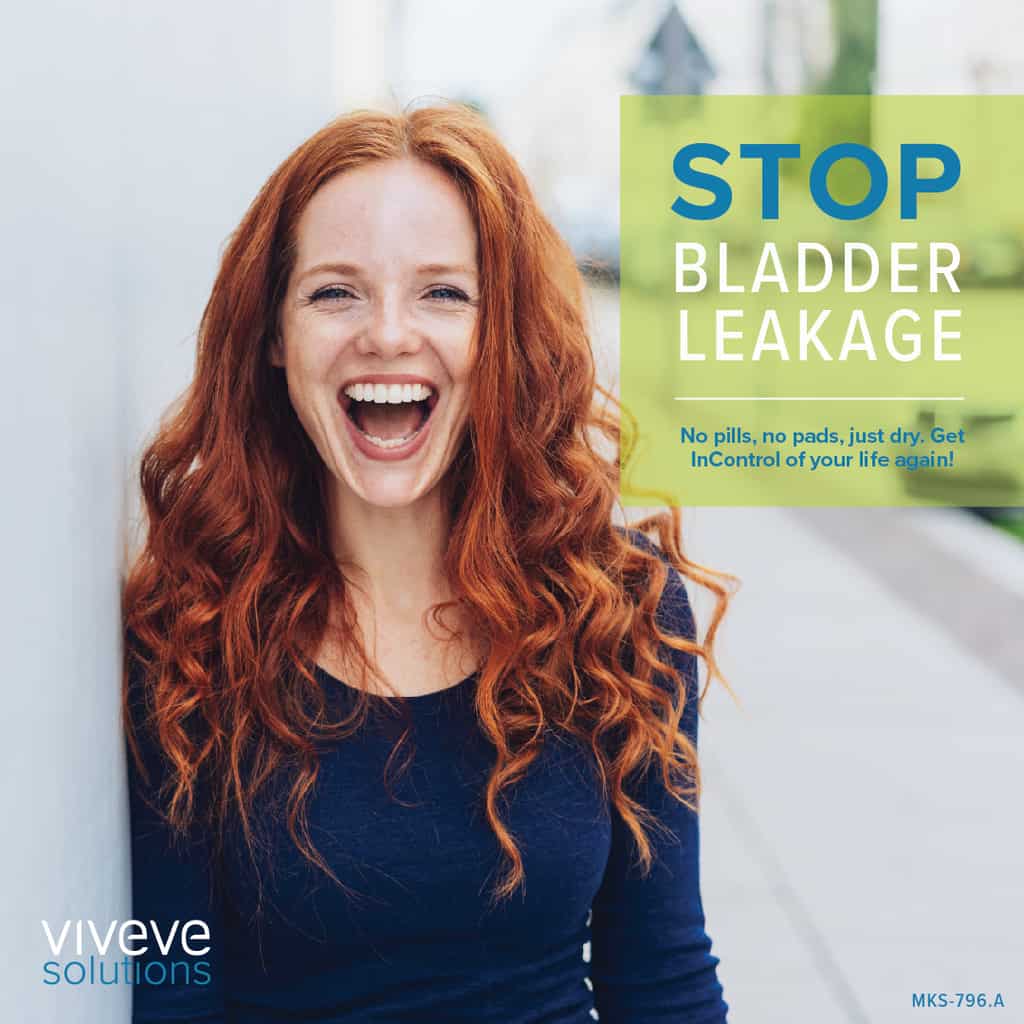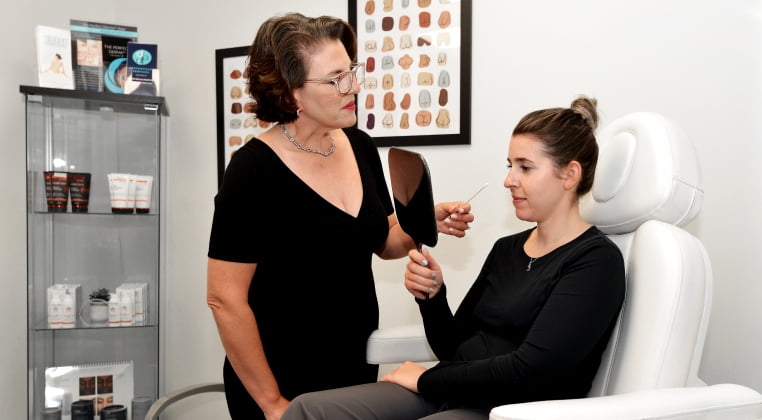This non-surgical vaginal rejuvenation procedure is for women who have vaginal laxity and/or stress urinary incontinence. Vaginal laxity can occur with aging, especially for women post childbirth. Collagen in the walls of the vaginal decrease with time and can result in vaginal dryness, pain with intercourse, loss of interest in sex, difficulty achieving orgasm, and difficulty with arousal. This loss of collagen can also contribute to stress urinary incontinence. Coughing, sneezing, and laughing can cause urine to leak. Exercise can similarly cause stress incontinence (which affects 25% of college athletes, not just reserved for women as they age). Both of these women’s health issues are common, and not all who suffer are candidates (or desire) medical or surgical treatment. Viveve uses radio frequency to cause a controlled thermal injury in the vaginal wall, resulting in increased collagen and improvement (and in many cases, resolution) of these common and frustrating symptoms.

This procedure involves inserting a treatment tip into the vagina and delivering both heating and cooling to the vagina. The procedure is virtually painless, though some sensitivity may be noted for women who have had a tear or an episiotomy during vaginal birth. One set of passes is done for vaginal symptoms; two sets of passes for stress urinary incontinence.
This single-session treatment increases vaginal lubrication, reduces discomfort during intercourse, increases arousal and orgasm, and reduces stress urinary
Because the success of the treatment relies on the wound healing response, the results are not instantaneous. Many women report a change within 2-4 weeks with improvement of symptoms by 3 months.
This is a cosmetic procedure, paid for by the patient.
30-60 minutes.
None required.
Outpatient.
2 to 3 months.
1-2 years. Maintenance treatments are recommended.
Temporary swelling and discharge may occur. Sensation may be different initially.
All surgery carries risk. I recommend patients carefully weigh the benefits of having surgery against the potential risks which may arise. Risks include pain, bleeding, infection, damage to nearby structures, need for other procedures, recurrence of laxity, and dissatisfaction with results.
For women dealing with stress urinary incontinence or vaginal laxity, Viveve in Troy could be a great non-surgical option. To see whether this procedure is right for you, contact Dr. DeLuca-Pytell today.




Please take a look at the upcoming events hosted by Your Girlfriend the Plastic Surgeon, Dr. Danielle DeLuca-Pytell. We look forward to seeing you there!
